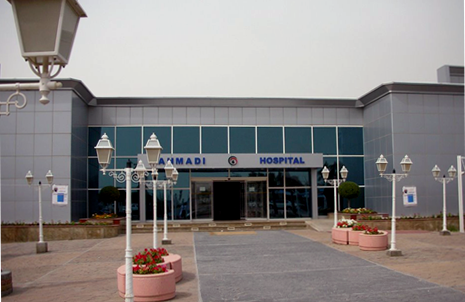This, after Senate Minority Leader Ralph Recto urged the DOH to use what will remain of its 2016 budget, insofar as the portion allowed to be carried over next year, to fund RHPP’s existing slots and purchase more medicine.
By Recto’s forecast, using DOH’s track record in fund use, “there will be P24 billion unutilized by the end of the fiscal year, so why can’t you use this to retain the thousands of people on the ground?”
In addition to retaining thousands of RHPP hires, Recto said DOH’s “continuing appropriations”, which are unspent funds from preceding years, can be used to double its budget for medicines from P7 billion to P14 billion.
“We hit two birds with one stone. We retain the medical workers and we increase the budget for medicines,” Recto stressed in his floor interpellation of the proposed gross DOH budget of P147 billion for 2017 Monday night.
To augment the number of health professionals in impoverished towns, the DOH pays for the salaries of those it has hired under the RHPP.
For this year, RHPP has 21,118 authorized items. In its 2017 budget, the DOH lamented that it will have to bring down the number of slots to 18,825 in order to pay for the second round of pay hikes under the Salary Standardization Law IV within the payroll ceiling imposed on it.
Last week, Recto said thousands of nurses, doctors and dentists will face the dreaded “endo” (end of contract) at the end of the year if Congress will not override the government’s plan to drastically downsize the number of frontline health personnel.
To be hit hard by the now-aborted plan were 6,379 nurses as slots in the Nurses Deployment Program (NDP), a component was proposed to be slashed from 15,727 this year to 9,349 in 2017.
“Pero mayroon nang good news, wala nang en-DOH,” he said, fusing the popular shorthand for “end of contract” and the Health department’s acronym.
Despite the DOH guarantee of no endo, Recto called for additional safety nets that will ensure that no personnel will be separated from service “in case funds are not enough to retain each one of them.”
“We can insert a provision in the national budget which would state that the affected personnel should have first priority in being absorbed by other or new programs of the RHPP,” he said.
Another option is to insert a “firewall” provision, exempting poor, distant towns from the personnel cuts, Recto said.
While there were proposed cuts in the number of nurses, the DOH will, however, hire 2,587 UHC (Universal Health Coverage) Implementers and 2,803 Public Health Associates (PHAs), he added.
PHAs are either nurses or nursing associates who will be paid P19,000 a month. UHC Implementers, on the other hand, can be any licensed health professional who will be given a salary of P26,000 a month or a doctor whose take-home pay is P56,000 monthly.
Recto thanked Sen. Sonny Angara, who was defending the DOH budget, “for being supportive in the search for solutions.”





0 Comments